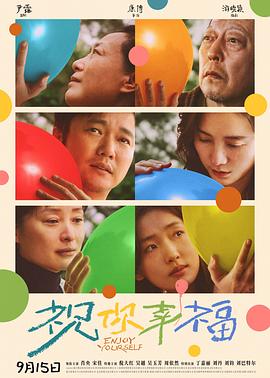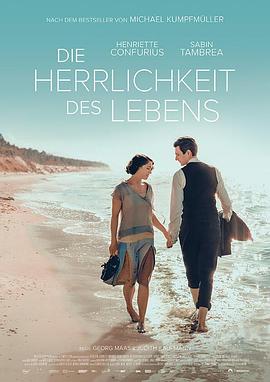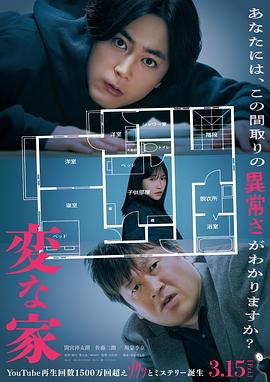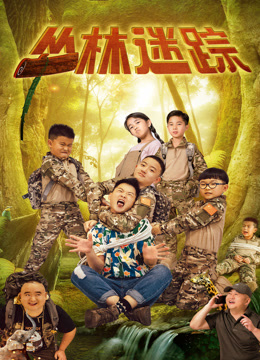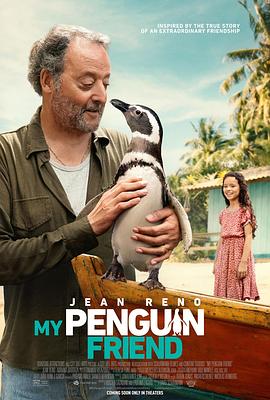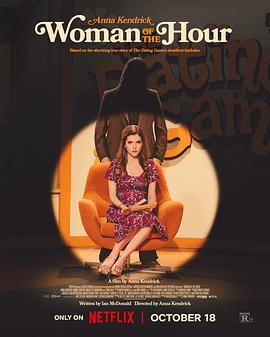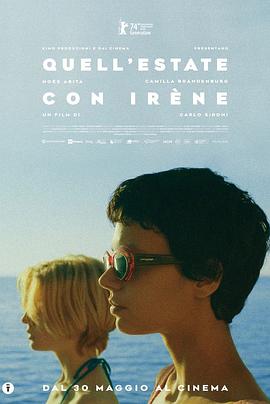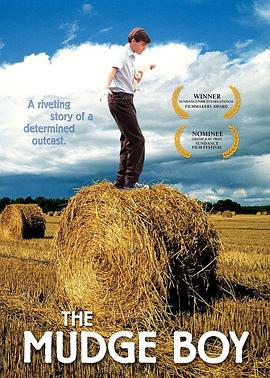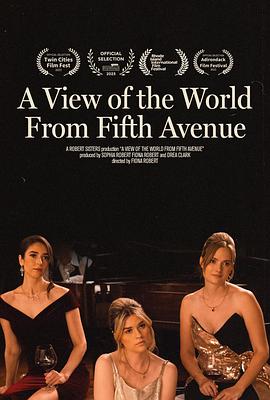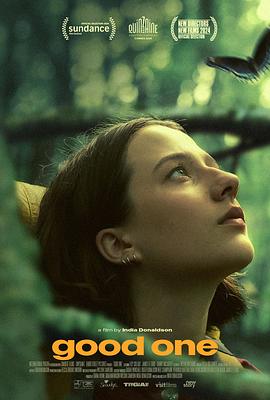剧情:
Somewhere in the remote region, the war ends. In the midst of ruined cities and houses in the streets, in rural hamlets, everywhere where people still live, are children who have lost their homes and parents. Abandoned, hungry, and in rags, defenseless and humiliated, they wander through the world. Hunger drives them. Little streams of orphans merge into a river which rushes forward and submerges everything in its path. The children do not know any feeling; they know only the world of their enemies. They fight, steal, struggle for a mouthful of food, and violence is merely a means to get it. A gang led by Cahoun finds a refuge in an abandoned castle and encounters an old composer who has voluntarily retired into solitude from a world of hatred, treason, and crime. How can they find a common ground, how can they become mutual friends? The castle becomes their hiding place but possibly it will also be their first home which they may organize and must defend. But even for this, the price will be very high. To this simple story, the journalist, writer, poet, scriptwriter, movie director, and film theoretician Béla Balázs applied many years of experience. He and the director Géza Radványi created a work which opened a new postwar chapter in Hungarian film. Surprisingly, this film has not lost any of its impact over the years, especially on a profound philosophical level. That is to say, it is not merely a movie about war; it is not important in what location and in what period of time it takes place. It is a story outside of time about the joyless fate of children who pay dearly for the cruel war games of adults. At the time it was premiered, the movie was enthusiastically received by the critics. The main roles were taken by streetwise boys of a children's group who created their roles improvisationally in close contact with a few professional actors, and in the children's acting their own fresh experience of war's turmoil appears to be reflected. At the same time, their performance fits admirably into the mosaic of a very complex movie language. Balázs's influence revealed itself, above all, in the introductory sequences: an air raid on an amusement park, seen in a montage of dramatic situations evoking the last spasms of war, where, undoubtedly, we discern the influence of classical Soviet cinematography. Shooting, the boy's escape, the locomotive's wheels, the shadows of soldiers with submachine guns, the sound of a whistle—the images are linked together in abrupt sequences in which varying shots and expressive sharp sounds are emphasized. A perfectly planned screenplay avoided all elements of sentimentality, time-worn stereotypes of wronged children, romanticism and cheap simplification. The authors succeeded in bridging the perilous dramatic abyss of the metamorphosis of a children's community. Their telling of the story (the scene of pillaging, the assault on the castle, etc) independently introduced some neorealist elements which, at that time, were being propagated in Italy by De Sica, Rossellini, and other film artists. The rebukes of contemporary critics, who called attention to "formalism for its own sake" have been forgotten. The masterly art of cameraman Barnabás Hegyi gives vitality to the poetic images. His angle shots of the children, his composition of scenes in the castle interior, are a living document of the times, and underline the atmosphere and the characters of the protagonists. The success of the picture was also enhanced by the musical art of composer Dénes Buday who, in tense situations, inserted the theme of the Marseilaise into the movie's structure, as a motive of community unification, as an expression of friendship and the possibility of understanding. Valahol Europaban is the first significant postwar Hungarian film. It originated in a relaxed atmosphere, replete with joy and euphoria, and it includes these elements in order to demonstrate the strength of humanism, tolerance, and friendship. It represents a general condemnation of war anywhere in the world, in any form.
收起
相关影片
2023
剧情片
日本
HD中字
2024
剧情片
日本
HD中字
1993
剧情片
日本
HD中字
2024
剧情片
大陆
HD国语
2024
剧情片
奥地利
“The Glory of Life” is inspired by the love story between Franz Kafka and Dora Diamant.
HD中字
2024
剧情片
日本
正片
2024
剧情片
日本
HD中字
2020
剧情片
大陆
HD
2024
剧情片
中国大陆
HD国语
2024
剧情片
其它
HD中字
2023
剧情片
美国
HD中字
2024
剧情片
其它
1997年,17岁的克拉拉和艾琳一见如故。她们溜到西西里的一座小岛上,决心在这里度过自由自在的夏天,也逃避那个她们想要忘记的事实。 该片曾入围2024年柏林国际电影节新生代少年单元。
HD中字
2004
剧情片
美国
埃米尔·赫斯基 汤姆·盖里 理查德·詹金斯 巴勃罗·施瑞博尔 扎克里·奈顿 瑞恩·唐洛胡 Meredith Handerhan Beckie King Sandra Gartner Tara O'Reilly 萨姆·洛伊德 Munson Hicks Macklen Makhloghi Joshua J. Masters
14岁的乡村男孩马奇(埃米尔·赫斯基 Emile Hirsch 饰)在努力适应失去母亲的生活。因为强烈想念,他会穿上妈妈的衣服,模仿妈妈的动作,喜欢妈妈生前养的鸡。他和一只鸡冠血红的白色公鸡同吃同
HD中字
2024
剧情片
美国
Fiona Robert Sophia Robert 保罗·卡米耶 理查德·伊利斯 卡罗琳·法里纳 洛根·米勒 Noelle Miller 弗朗西丝卡·鲁特-多德森 惠特·斯蒂尔曼 Dan Thompson Tensaye Yosef 塞斯·希尔 Pedro Saint Morillo Nhumi Threadgill Kathryn Burns Emily Keefe 肖恩·奥蒙德 Gianmarco Soresi
当一位年轻女子爱上一位迷人的摄影师时,她冒着被纽约一个封闭小团体排斥的风险,而这个小团体由她最好的朋友所领导,这位好友同时也是社交名媛。
HD
2024
剧情片
美国
莉莉·科利亚斯 Sumaya Bouhbal Valentine Black 戴安娜·厄尔文 詹姆斯·勒格罗 丹尼·麦卡锡 Julian Grady Becca Morrin Sarah Wilson Samuel Lanier Eric Yates Peter McNally
故事发生在卡茨基尔的一次周末背包旅行中,17岁的萨曼与父亲和父亲老友的自我意识之争展开了对抗。 该片曾入围2024年圣丹斯电影节、戛纳导演双周。
HD中字




